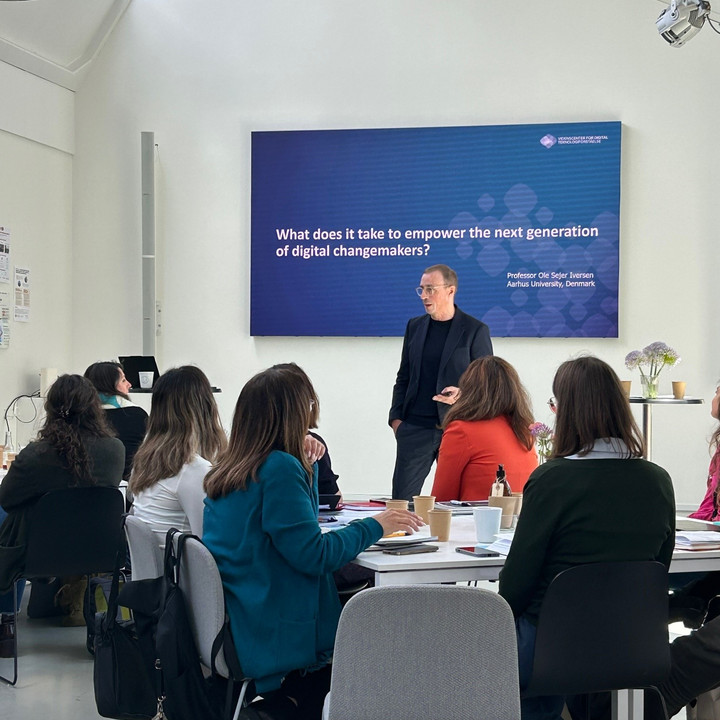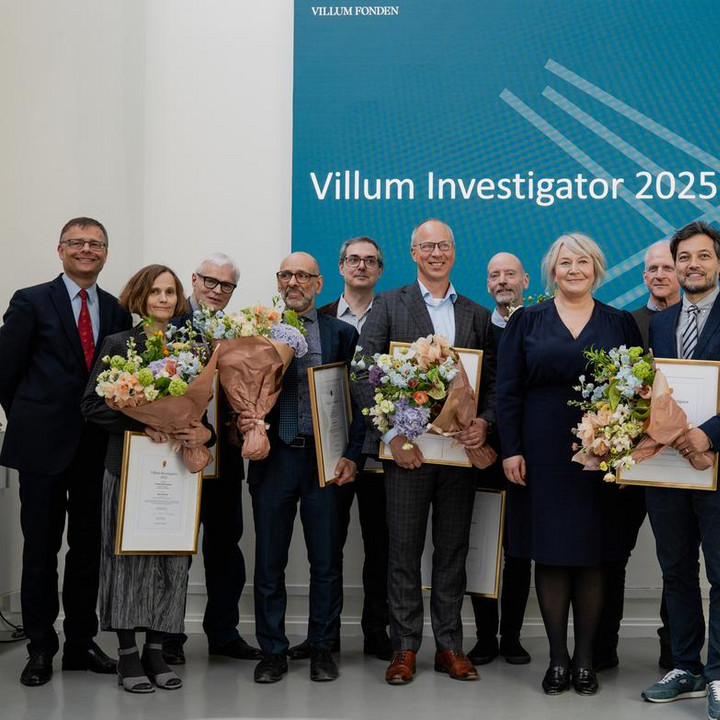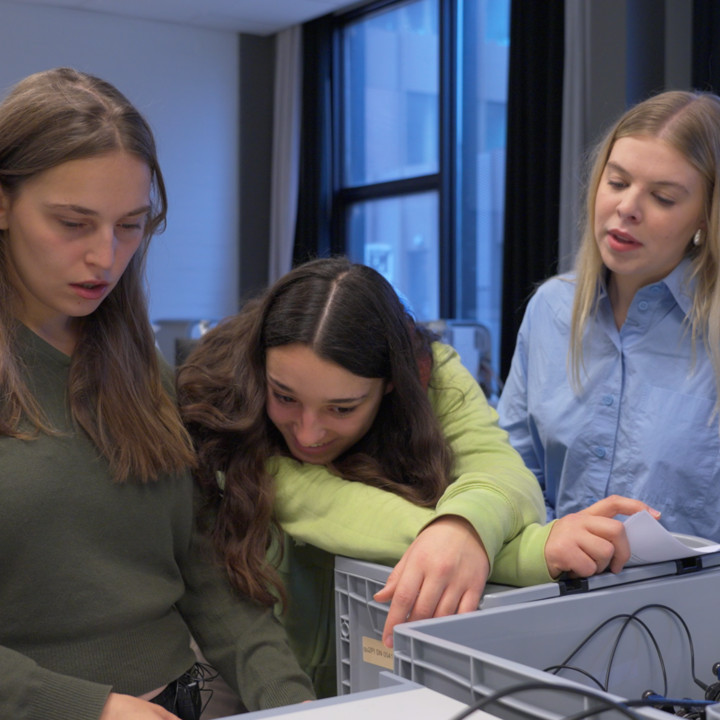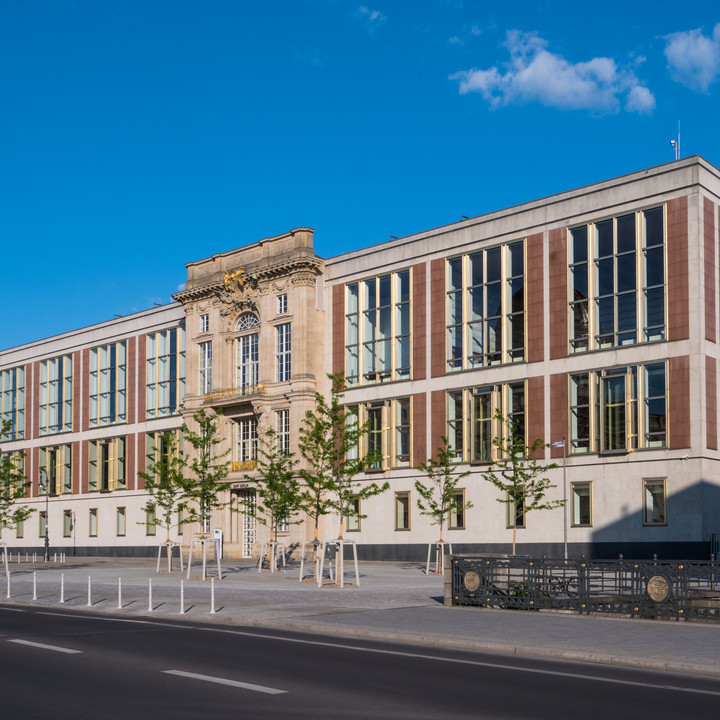Four projects will encourage interest in natural science
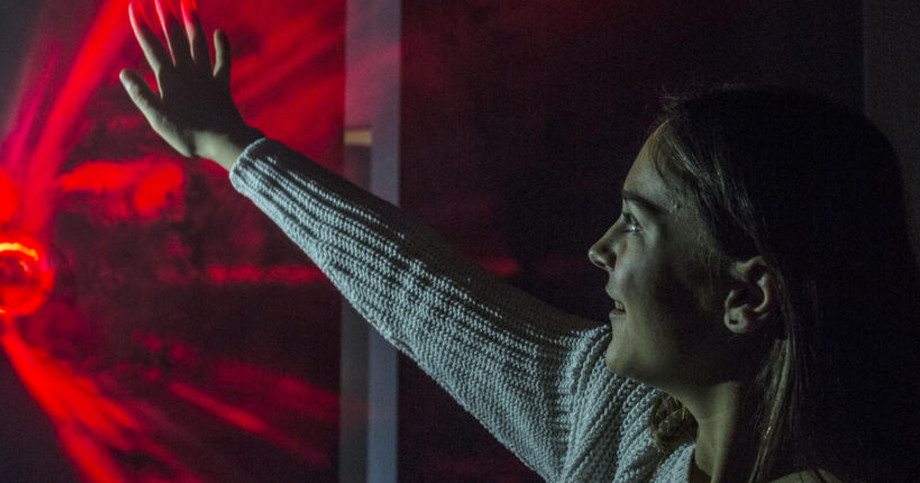
15.01.2018
Where does the clean water in taps come from? What stops a bridge from collapsing under its own weight? Could robots replace school crossing patrols?
How do we ensure that inquiring young minds stay curious?
For VILLUM FONDEN one of the answers to the latter question is by supporting research dissemination to increase school-age children´sinterest in science and technology and to support their general education in the technical and natural sciences. It will enable them - through the scientific process - to relate critically and creatively to knowledge and to development of the Danish society.
In December 2017, a total of 12 million DKK was granted to four projects that will launch several different activities. Read more about the four activities:
The national school-business collaboration Tektanken.dk will increase and develop its network on an even larger scale.
80 companies collaborate with schools to provide pupils with practical insight into and knowledge about job opportunities within the technical and natural sciences and this may help the young people to make a motivated choice of education.
In practice, Tektanken.dk will make a difference to lower and upper secondary schools by qualifying and training teachers to collaborate with companies and thereby helping the teachers comply with new legal requirements within the area and to strengthen science education in general.
The result would be that several hundred teachers learn how to be inspired by companies and apply this inspiration in their science teaching. This will benefit thousands of Danish pupils at lower and upper secondary school level.
By supporting the general education within the technical and natural sciences the aim is to inspire more young people to choose an education within the area.
DKK 4 million
The Science Olympiads are comprised of six independent national Olympiads in biology, chemistry, geography, informatics, mathematics, and physics. The Olympiads are held each year and all Danish upper-secondary school pupils are invited to participate.
Approximately 25,000 Danish pupils participate in the Science Olympiads. Each Olympiad consists of several sessions and as a result of these, the Danish Olympiad teams are selected to represent Denmark at the annual International Olympiads in the six subjects.
The aim of the Science Olympiads is to encourage young talents in science to develop their skills, interests and knowledge together with other young talented pupils. In the years to come, The Science Olympiads want to reach out to even more young people to stimulate an active interest in science and thus encourage them to further study science.
DKK 2.4 million
The Danish society is in the middle of a digital transformation. Digitalization has become mainstream. However, IT education programmes like software development and data science are still considered by many as niche subjects primarily directed towards men. With an ambitious new communication effort, the IT University sets out to change this perception.
The stereotypical conception is that computer science is an area where nerdy boys and men with few social skills can unfold while girls and women will be wise to avoid it. Many perceive the subject as difficult and isolated screen work that does not make a difference in the world.
Unfortunately, cultural conceptions have great power, and in 2016 only between 2 and 12 percent women applied for one of the further education programmes within IT.
Through a targeted campaign the IT University has succeeded in increasing the share of women admitted to the university's Software Development programme from 12 percent in 2016 to 22 percent in 2017.
With the project 'From niche to mainstream: Increasing diversity in Computer Science', the IT University tries through a significant outreach and communication campaign to further increase gender diversity.
DKK 2.8 million
Danish Science Week engages more than 150,000 pupils and takes place in week 39 with events across Denmark in primary schools, upper-secondary schools, universities, libraries, forest schools, museums, etc. Danish Science Week constitutes the national and professional framework for in-depth education and inspiration across professions and ages.
During the event, the pupils are actively involved in science activities and hands-on experiences making science both relevant and applicable in their everyday lives. By connecting the activities to real-life challenges and societal science, the pupils gain an understanding of everyday uses of science. Furthermore, they see the possibilities of setting future agendas and making changes in science.
DKK 3 million
New strategy
From 2018, VILLUM FONDEN will be intensifying its focus on science education under a new programme entitled ‘Children, Youth and Science’ headed by Agi Csonka.
The funding area has two main purposes; To support general education within the technical and natural sciences for children and young people, and to inspire them to choose an education within the area to foster talents, who can contribute to solving future challenges.
This programme will initially run for 5-10 years and its annual grants will total DKK 50-100m.
Photos credit: The Kata Foundation and Experimentarium (by David Trood)
